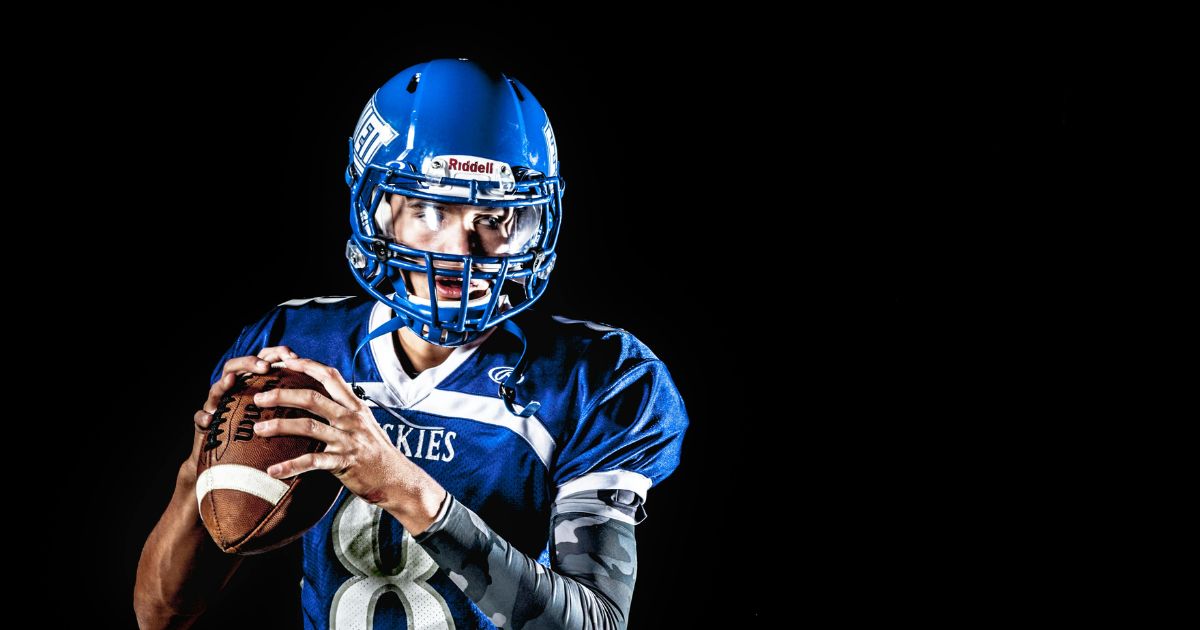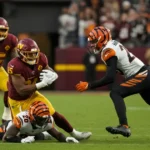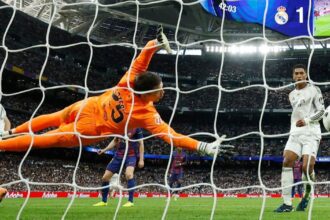The NFL Draft has been a staple in the world of American football, where teams in the league select players they believe will lead them to future glory. The draft is organized with a heavy focus on scouting, team requirements, and player potential, and months of preparation and decision-making go into selecting the draft picks.
However, with the ever-changing technology, new solutions are being developed to transform the drafting process. Blockchain technology is one such innovation that will not only transform the NFL Draft process but also the way transparency, data security, and team management are addressed. That said, this innovation would mean that draftees and team selectors would have to closely monitor metrics, such as the live bitcoin price feed, to gain more knowledge about the ever-changing dynamics of the cryptocurrency market, much like they would in a traditional stock market.
The Role of Blockchain in the Draft Process
Blockchain technology is well known for its ability to secure transactions and store data in a decentralized manner, meaning that records cannot be altered or tampered with. Its use in sports, especially in high-stakes processes such as the NFL Draft, provides an opportunity to increase efficiency and trust. Using blockchain, draft information, such as health histories, performance statistics, or scouting reports, can be safely held and validated on a tamper-proof ledger by each player.
Such a system would drastically enhance the process of team access and analysis of player data, as well as allow all the parties to access the same verified information. Whether it is medical records, physical exams, or video of games, all of that information can be kept on a blockchain in a format that is easily accessible and secure against fraud. This is particularly important in a system where a single piece of incorrect or fabricated data can have a devastating impact on a player’s future.
A Transparent Draft That is Verifiable
Transparency is one of the significant advantages of blockchain technology to the NFL Draft. Scouting reports, interviews and other information about drafts are usually under strict confidentiality and in some cases, there are allegations of misinformation, biases or mistakes. Blockchain would revolutionize this by making some elements of the selection process more transparent.
A more open and honest atmosphere with decisions made on verified data would be of benefit to teams, agents and even the league itself. Analysts and fans could watch the draft live, knowing that the same set of standardized measures would be used to judge all players, and that there would be slight favoritism or other advantages gained. This openness may also be applied to the negotiating process, in which player contracts and trades of draft positions are fully transparent on the blockchain, ensuring that all transactions are documented and can be referenced in the future.
So, what would it be like to have draft trades tracked through blockchain? Instead of keeping records manually or being told what teams say, each transaction would be recorded on the blockchain, making it easy to verify and ensure that teams do not break the agreed-upon terms.









